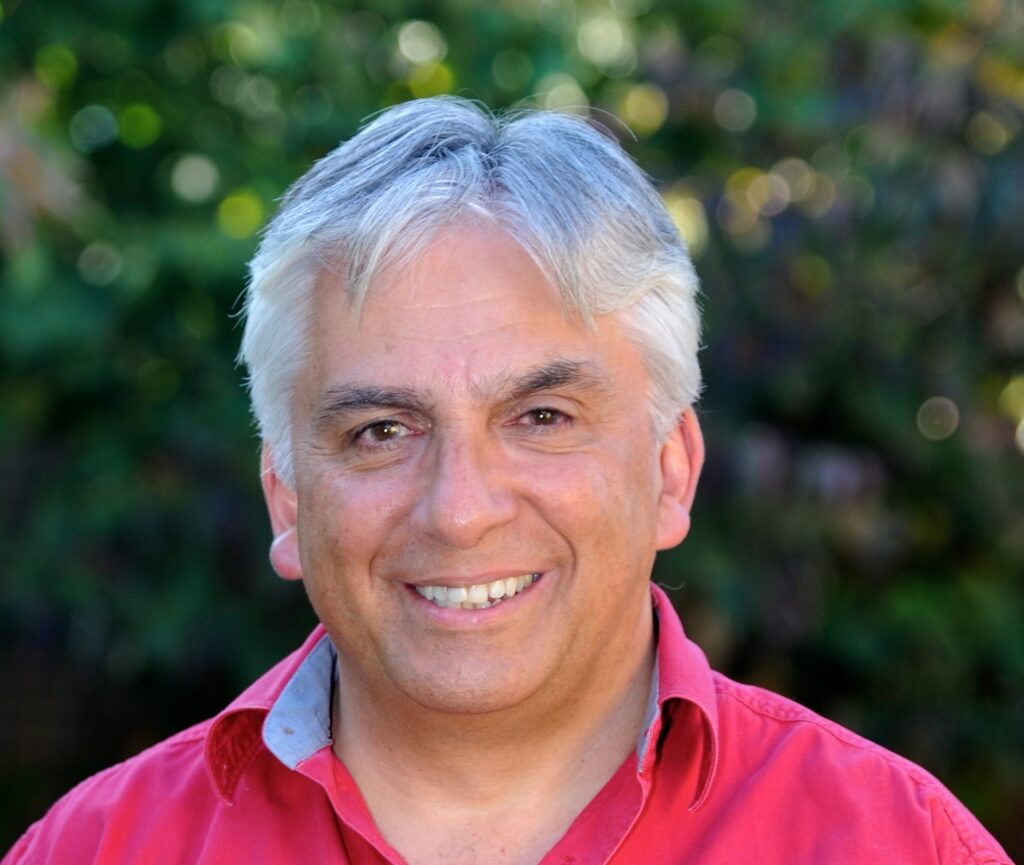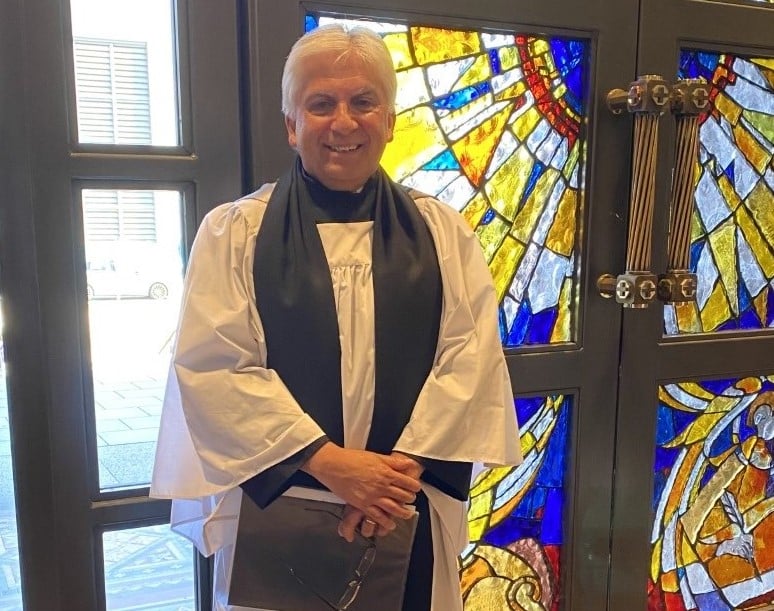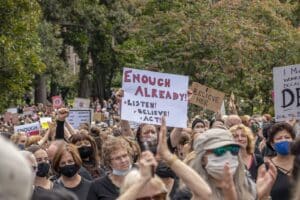
Jenan Taylor
24 February 2024
The Venerable Peter MacPherson never wanted to be ordained. Now he is set to resign after more than three decades as a priest, much of these at St Alfred’s Blackburn North.
Mr MacPherson said his initial reluctance to become ordained stemmed from a shrunken view of what priesthood was about.
He grew up Roman Catholic, but as a teenager cast ordained priests as people who had to be unmarried, wear black and like being called “Father”.
This image stayed with Mr MacPherson even when he became a Christian while studying education at a Catholic college.
It was still there when a friend introduced him to St Jude’s Carlton and he felt a growing enthusiasm for Bible classes and Anglicanism there.
This new ardour took Mr MacPherson to Ridley College, and fuelled a conviction that he wanted to answer God’s call to ministry by teaching the Bible.
But it made him resistant when he felt a call to ordination.
“I wasn’t keen. But you wrestle with God, and you find out that you’re not God, and God is God. And so you lose,” Mr MacPherson said.
Read more: ‘I don’t think God’s finished with me yet’: Peter is 62 and set for ordination
The battle continued almost until he presented himself for ordination one morning in 1993.
Looking back, there are a few things Mr MacPherson would like to be able to tell his younger, naive self about ordained ministry.
A senior minister at St Alfred’s Blackburn for 24 years, seven of those also leading at St Luke’s Vermont, it’s hard for Mr MacPherson to pinpoint what project most stretched his abilities.
He said in 2000 St Alfred’s was already a busy church of about 200 people.
But with only three staff, it needed a larger ministry team to thrive.
Mr MacPherson was able to grow the staff team, to where it is today – a 13-strong mix of ministers, including students and trainees.
Then there were the church buildings, too small for the parish’s needs, and too old and uncomfortable for much use at all.
Mr MacPherson said he felt daunted about tackling the building issues, because nothing in his experience or theological learnings had taught him about buildings.
He threw himself into this new territory. Within a decade, St Alfred’s opened a three and a half million-dollar complex, with a 350-seat auditorium for a range of events and worship.

He repeated the exercise when the diocese asked him to take St Luke’s under his wing.
A bad car park and poor toilets were barriers to attendance, especially for young families, and frail and elderly people.
There were also the unsolvable matters that are part of the traditional role of priests, as spiritual carers and confessors, Mr MacPherson said.
These included caring for the ill and old, often until they died, and praying with people as their marriages disintegrated.
He said dealing with some of these things for which there were no easy answers could sometimes be painful. Some even lingered long after their urgence had gone, leaving him with emotional and mental cuts.
Read more: ‘Flourishing like a wedding feast’: What Ruth hopes to see in churches
Mr MacPherson said new and young priests today needed to be certain that full time ordained Anglican ministry was what God wanted from them because they faced much harder challenges than his generation.
He said he was important that they flourished and didn’t get burnt out and flounder if the Church was going to thrive.
Among the pressures they faced were the distractions and discontent that modern technology brought.
“To hold people’s attention with traditional sermon as a monologue, is more difficult now. You might be preaching the traditional central piece of a Sunday service, and you have to work really, really hard to hold an audience’s attention for 20 minutes. That is a tougher ask now than when I started in back in the early 1990s,”
Priests these days also navigated added expectations, including being able to handle compliance and risk analysis.
Despite the challenges, Mr MacPherson believed ordained ministry was a privilege and he remained absolutely committed to what God had called him to do.
“I still cannot believe I get to read the Bible, preach the Bible, and help people get to know Jesus. It’s just amazing that people would think that’s something I could be paid to do,” he said.
“I would tell my younger self that, too, if I could. ‘Yes, it’ll be hard. But it’s wonderful. It’s a great privilege. Go for it.’
For more faith news, follow The Melbourne Anglican on Facebook, Instagram, or subscribe to our weekly emails.






